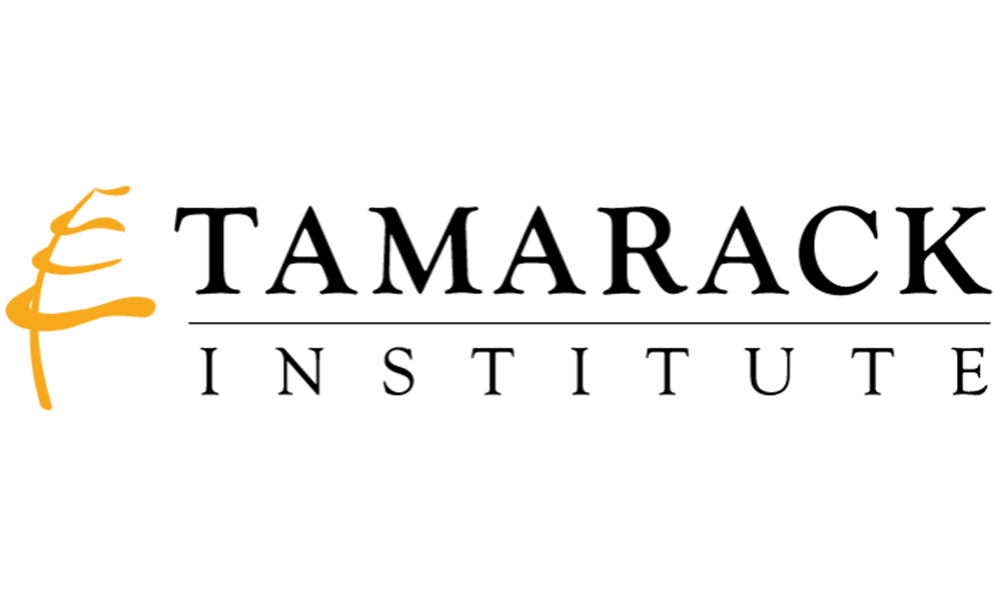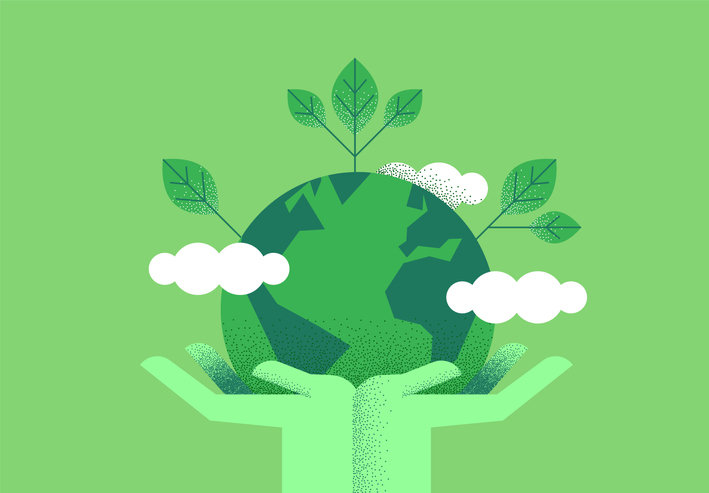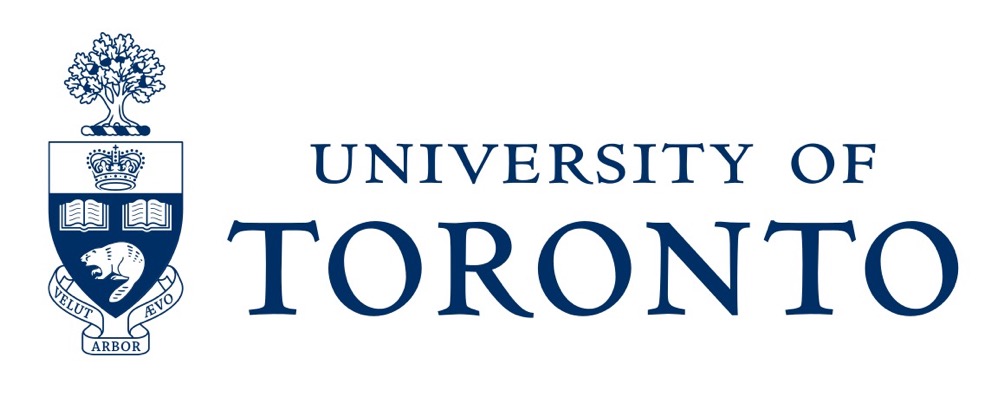Peel Family Pathways Project
The Peel Family Pathways Project was selected to be a recipient of the Building Equitable Economies for Immigrants and Refugees in the Peel Region.
The funding opportunity is sponsored by the Tamarack Institute and WES Mariam Assesfa Fund. The Family Services of Peel in partnership with the University of Toronto, Mississauga is developing an evidence-based Family Needs Framework through their study that focuses on fully understanding the needs of newcomers and refugees. By doing this the framework hopes to establish better services for Peel immigrants and refugees. Upon completed research, the Family Needs Framework should inform settlement practices, impact immigrant and refugee services, and further develop the current literature on newcomer integration. Participatory research method is utilized to more meaningfully engage communities and stakeholders in research.

Liminal Spaces and Recovery Experiences
How does the subjective experience of a particular space inform the way in which we recover resources expended in fulfilling our roles as parent, employee, student, and others?
This project explores the potential of spaces experienced as liminal in nature, or betwixt and between, for facilitating recovery experiences. In such spaces, role-related identities are in a state of suspension, giving space for experiences of authenticity to occur, which are related to positive affectivity and work-family balance. Thus, by providing a space to feel authentic as well as replenish our resource reservoirs, spending time in liminal spaces may aid us in balancing the host of complex and often conflicting demands we are faced with in daily life, while maintaining our personal resources and wellbeing.

Couples Interpersonal Capitalization Study
The project aims at understanding how communication patterns between couples, particularly the re-telling of good news or positive events experienced daily, can have restorative benefits that may spillover to the domain of work.
The study involves a daily diary method that will follow couples for a week to gain insights about their interactions and experiences. We hope to understand and demonstrate how interpersonal capitalization between co-habiting partners affect how they cope with the stresses of the current COVID-19 situation and changes in their work environments and processes. The findings of the study will help inform families, organizations, and public health policies that will support the well-being of families and workers.

Diversity Text-Analysis Study
This proect focuses on the importance of workplace diversity based on past research on racial, ethnic, and gender diversity.
A 2019 diversity report conducted by McKinsey and Company, a global management consulting firm, found companies in the top quartile for racial and ethnic diversity are 35% more likely to have financial returns above their respective national industry medians. By using publicly available company reviews for Fortune 500 companies on job sites, such as, Indeed, and text-based analysis, this project strives to understand diversity through the lens of employees.

World Value Survey Project
Can climate change help forecast future changes in societal well-being?
This project combines multiple disciplines to build a strong predictive model of societal well-being dependent on indicators of climate change and/or climate anxiety. Existing literature explores the impact of temperature changes, disaster events and risks on happiness levels using multivariate regression, ordered probit or logit, and fixed effects models. However, researchers do not extend these models to account for changes in future well-being. For this project, we rely heavily on the World Value Survey (WVS) Database which contains over 600 indicators of people’s values, beliefs and norms in a comparative cross-national and over-time perspective. By combining indicators from the WVS database with climate data a strong predictive model for well-being may encourage construction of better environmental policies.

